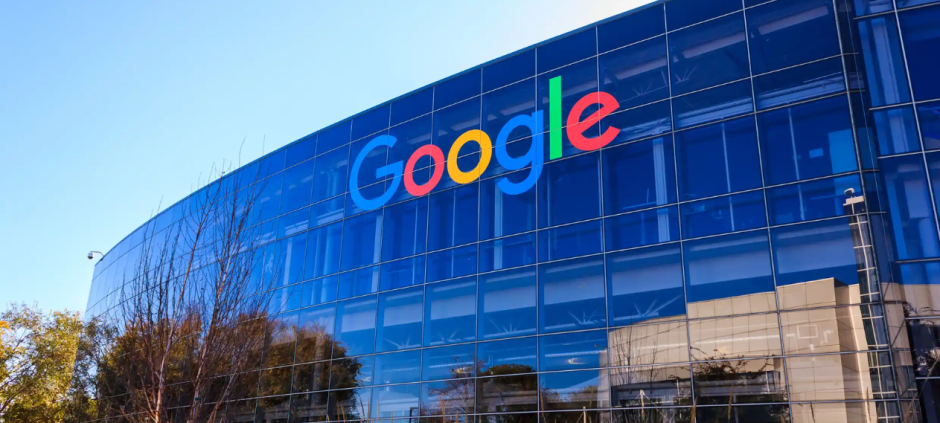Google has revised its artificial intelligence (AI) ethical guidelines, notably removing a key commitment not to pursue technologies that could “cause or are likely to cause overall harm,” including weapons development and surveillance tools. This update comes as Alphabet, Google’s parent company, reported lower-than-expected earnings, leading to an 8% drop in its stock price.
Shift in AI Ethics and Global Security Focus The new guidelines no longer explicitly prohibit the development of AI for harmful applications, a shift that reflects the changing global security landscape. Demis Hassabis, Google’s AI chief, defended the change by emphasizing the need for collaboration between companies, governments, and organizations to create AI that promotes global growth, protects people, and supports national security.
Also Read: Google Messages Introduces New Privacy Features
Hassabis and James Manyika, Alphabet’s senior VP for technology and society, argued that democracies should lead the AI race, guided by values such as freedom, equality, and respect for human rights.
AI’s Growing Role in National Security The change signals a broader debate on AI governance, especially in military applications. Experts like British computer scientist Stuart Russell have raised alarms over autonomous weapon systems and called for international regulations.
Alphabet’s blog post highlights how AI has evolved from a niche research field to a pervasive technology used by billions worldwide, becoming as essential as mobile phones and the internet.
Financial Pressures and AI Investment Alphabet’s fourth-quarter earnings showed $96.5 billion in revenue, just below analysts’ expectations, largely due to slower growth in Google Cloud. As competition with Microsoft-backed OpenAI, Amazon, and Meta intensifies, Alphabet plans to invest $75 billion in AI infrastructure and expansion in 2025.
This strategic shift comes as questions arise around Google’s AI models, with increasing scrutiny over data privacy and national security implications, particularly in light of DeepSeek’s controversies.










